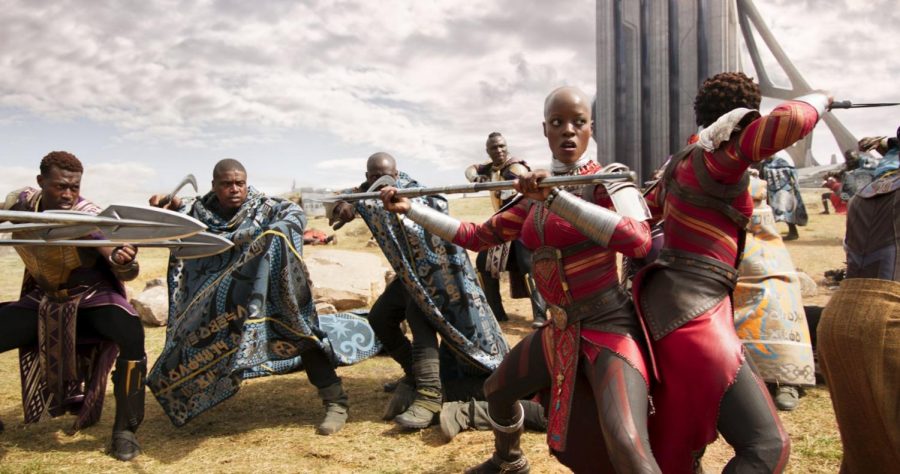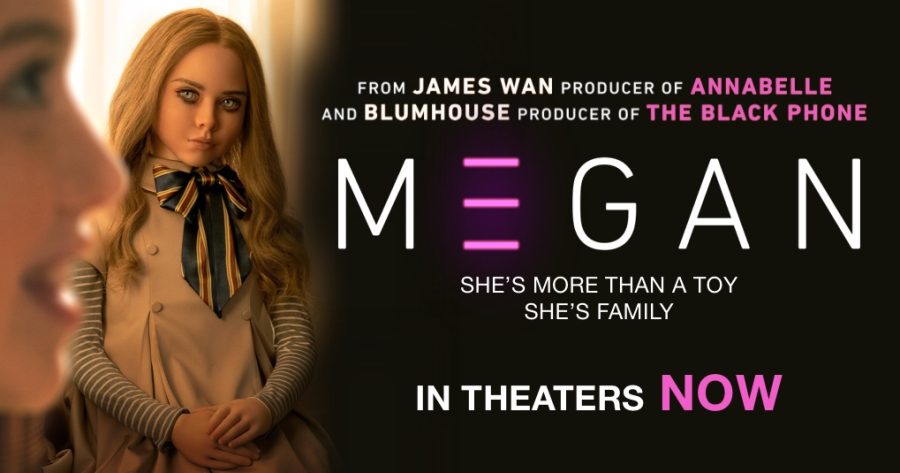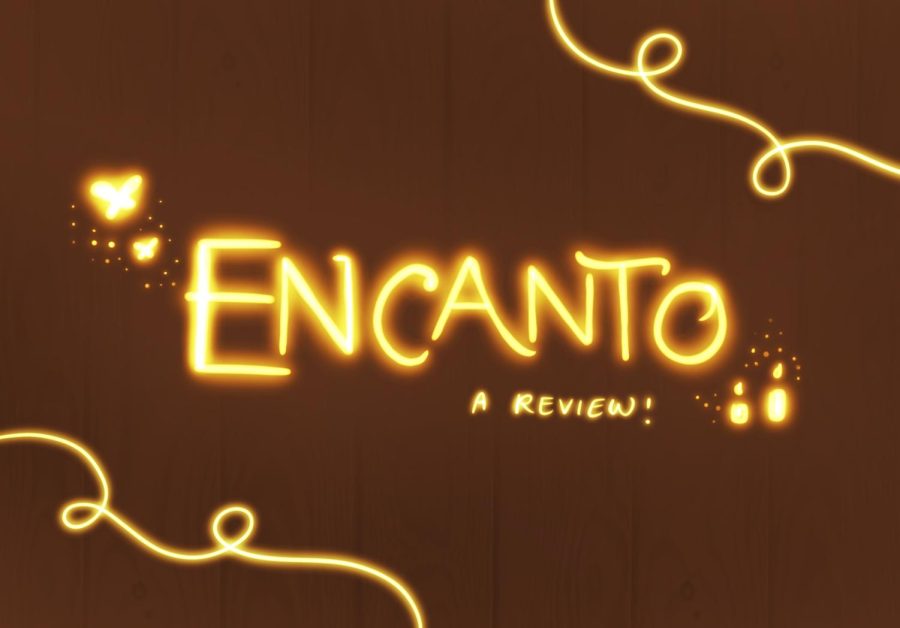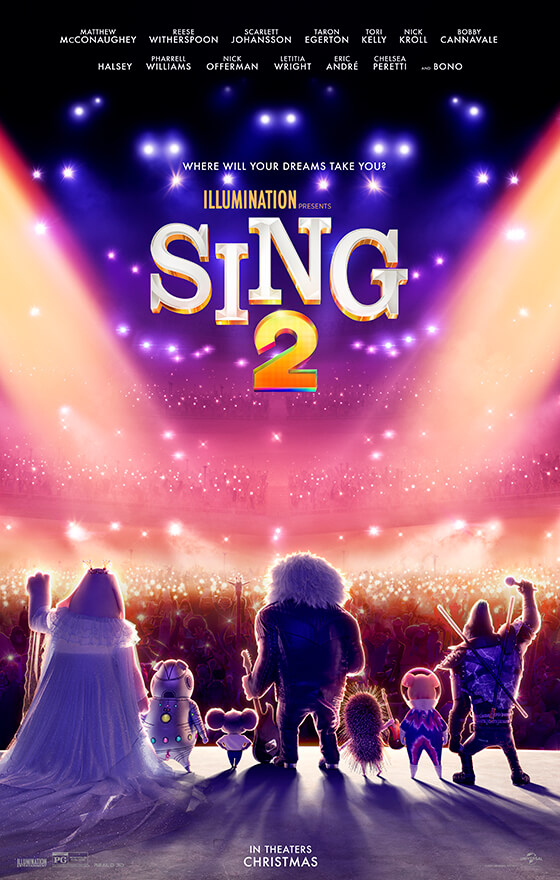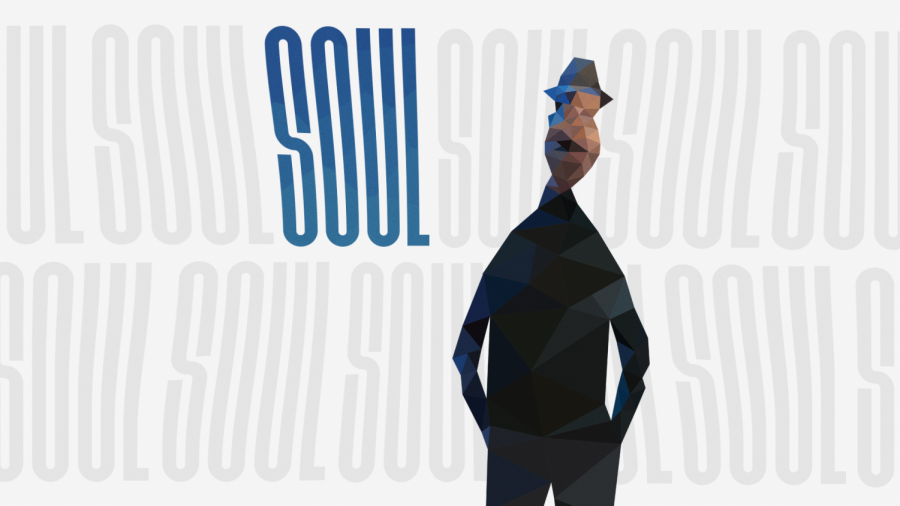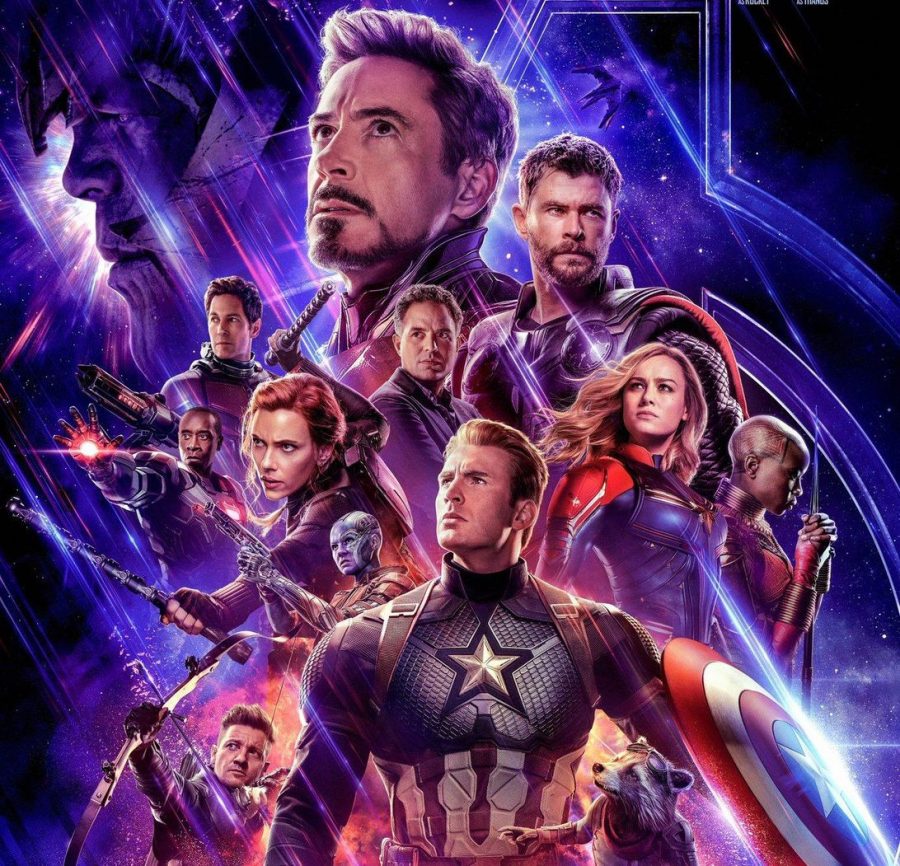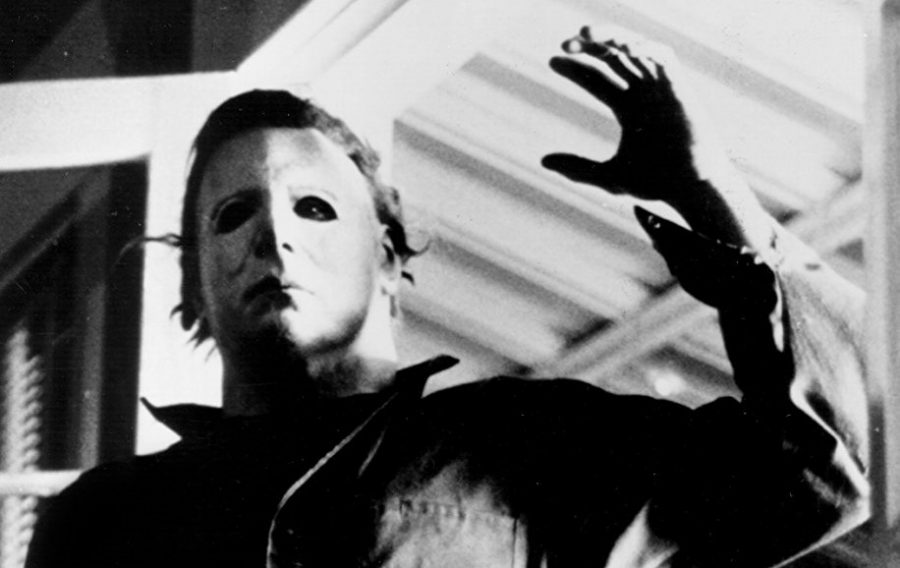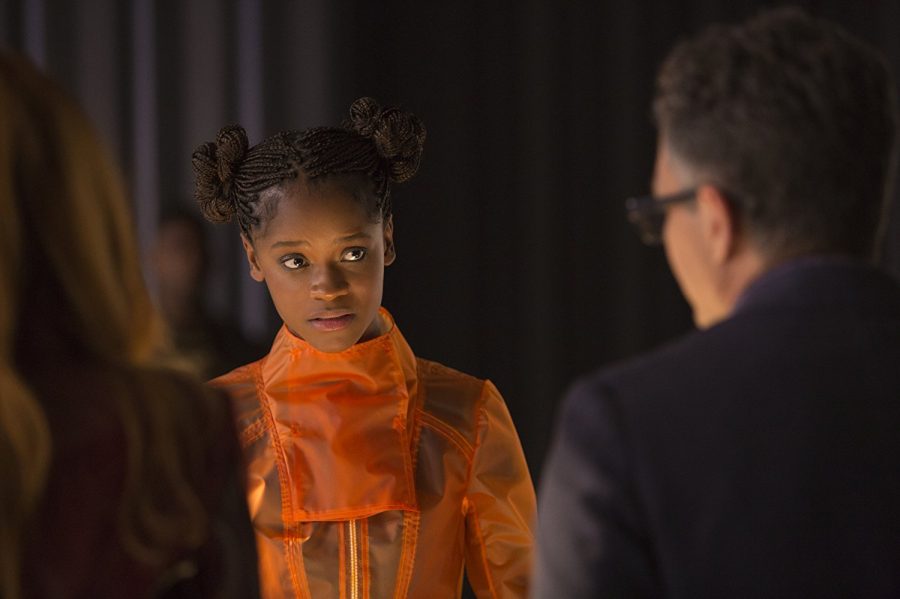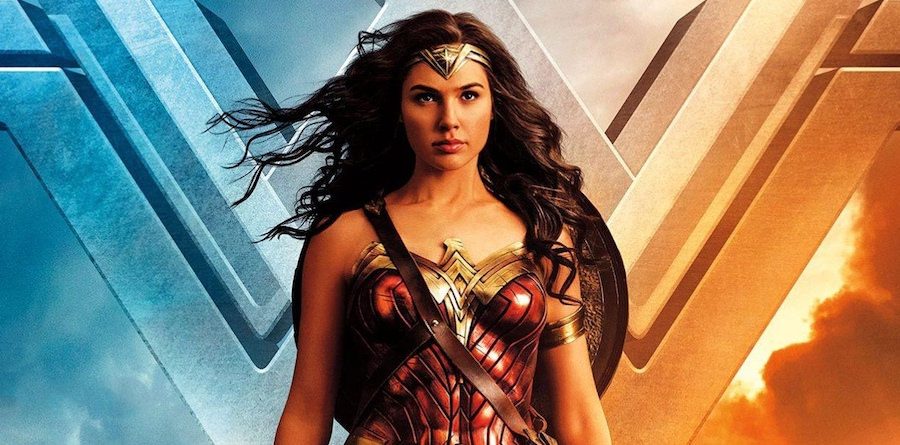In the Marvel universe, fans are constantly provided with more of the same. It’s tirelessly a science experiment gone wrong, a secret identity among their closest companions, a kidnapped love interest, and a metropolitan city in ruins. These cliches have been put to rest and replaced with a film like no other in its league: “Black Panther.” It shattered all expectations I had for a superhero movie and extended thought-provoking undertones; all the while delivering stimulating visuals and elements of science fiction that science fiction fans could only dream of.
The story takes place in the deceiving African country of Wakanda. Deceiving may not be a traditional characteristic of any territory, but that is exactly how Wakanda should be described. Those outside the Wakandan borders view the nation as one more third-world country, generalizing it with its struggling neighbors. However, inside of the borders, Wakanda is drastically different. Not only are the Wakandan people comfortable, but they possess some of the most advanced science and militaristic technology in the world, thanks to the superior metal exclusive to Wakanda known as vibranium.
Vibranium found its way to the country many millennia before the story takes place, falling into its land from from the extraneous universe. The powers vested in this metal allowed Wakanda to flourish far beyond its African counterparts, as they simultaneously seemed to exclude themselves from outside affairs. This allowed African culture to remain vivid and alive, juxtaposing the vast landscapes of modern skyscrapers with soaring aircrafts and ornate waterfalls. The irony of the way Wakanda is perceived versus its reality only strengthened the country’s effect on viewers. With a culture so rich you can’t help but generalize it’s traditions with other African nations. This compelled me to feel an even deeper understanding of the importance of the society to the characters.
Wakanda is an accepting monarchy, ruled by T’challa, the Black Panther. I found this to be an interesting, yet very appropriate political situation to explore. To me, Wakanda represents somewhat of a utopia desired by many modern nations today. Chadwick Boseman plays T’challa and characterizes him as more than a figure of authority, strength, and heroity. He has a tendency to question the morals that have been a part of Wakanda’s traditional ideals since its beginning. This makes for a complex plot as the line between good and evil is blurred continuously throughout the story.
Traditional gender roles are seemingly non-existent as the majority of the characters with the most admirable strength are the women of the film. Okoye, played by Danai Gurira, is one of the most resilient fighters seen in the film. It was so refreshing to see the strength and authority rest in female hands equally as much as male hands. It is inspiring to girls across the world, including myself, promoting equality and feminism. Women also hold the highest positions within the intelligence organizations of Wakanda. T’challa’s own teenage sister, Shuri, played by Letitia Wright, is the most innovative scientist in the country. Meanwhile, T’challa’s love interest, Nakia, is among the most respected spies in the nation. She did a wonderful job personifying T’challa’s voice of reason. While “Black Panther” is not a love story, I loved the traces of tension residing between the two. Whether it’s witty remarks about their past relations or a sneaky glance, the pair added an element to the plot that viewers are many times deprived of in action packed films.
The main conflict perplexes the viewers in the best way. Michael Jordan plays the role of Erik Killmonger, or the classic “villain”. The difference is that Killmonger has motives aside from power: his desire to spread the militaristic capabilities of Wakandan vibranium to those struggling in the war against racism and defenselessness, steers viewers into a love-hate relationship with his aggressive character. Although his presence in the movie compromises the lives and relationships of the movie’s protagonists, you can’t help but identify with his cause, especially after the emotional depth that is created for his character throughout multiple flashbacks.
The soundtrack was also very exciting for fans, especially those who follow Kendrick Lamar as he was given full control of the movie’s soundtrack. I believe that this incorporated a modern, western twist to a movie that was so rich in tradition and culture According to CNN, “Black Panther: The Album,” appeared within Billboard’s Top 200, and has sold close to 160,000 copies within its first week of being released.
“Black Panther” encompasses all aspects of diversity, including the cast itself. With an African American director and a majority of African American actors, the movie delivered a side of film that we have yet to see. In fact, I would say that the diversity of the film can be credited with much of its appeal. In Forbes magazine, Brian Rolli writes that the movie “raises a defiant, razor-clawed middle finger to the ridiculous Hollywood notion that actors and directors of color are less bankable than their white male counterparts.” “Black Panther” has raised my expectations for the exploration of culture and diversity in the film industry. Marvel went beyond superficial science fiction plotlines. It explored relevant tensions in our current political climate from a fictional perspective with great success.























































